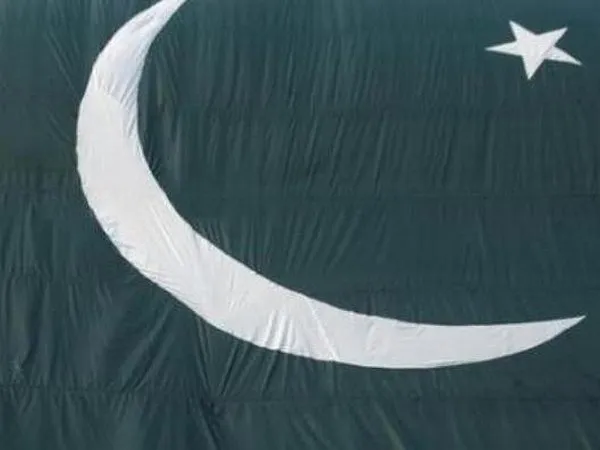Merged with a debt trap, the Chinese Belt and Road Initiative has jolted the financial stability of many other countries including Pakistan which faces a severe deficit in trade balance with Beijing.
Notably many developing BRI countries are facing a debt trap-like situation and financial hardships. However, Beijing rejected the allegations of debt trap on BRI as “senseless and baseless”.
Countries which borrowed heavily under the BRI to construct trade and transportation infrastructure are now reeling under the burden of debt servicing as their newly built infrastructure failed to generate enough trade and revenue to service their debt, reported a Canada-based think tank, International Forum for Rights and Security (IFFRAS).
Pakistan is continuously recording an unsustainably high trade deficit with China.
According to a recent study conducted by the American think-tank, Foreign Policy Research Institute’s Felix K. Chang, titled ‘Deficit Trap: Trade Balances and China’s Belt and Road Initiative’.
The study revealed that Islamabad’s trade balance with China deteriorated by 164 per cent in 2021 compared to 2013. It is not different in African and Central Asian BRI countries, but in their case the worsening of trade deficit has been less acute. The report noted that Pakistan’s trade imbalance was the worst in comparison with some of other BRI beneficiaries like Angola (34 per cent), Kenya (106 per cent), Kyrgyzstan (47per cent) and Sri Lanka (41 per cent), IFFRAS reported.
As per reports, there are two reasons for Pakistan’s alarming trade deficit. The reasons included that Pakistan’s export basket is small as compared to China and that BRI projects consisted of input buying clauses by Chinese firms implementing them in Pakistan by Chinese companies only. Another, Islamabad’s small export basket is attributed to lack of industrialization and diversification of the Pak economy.
China has many comparative advantages which other BRI countries do not enjoy due to development asymmetries with China.
Study involving impact assessment of BRI infrastructure on Pakistan found that agricultural exports to China decreased over the years. Islamabad failed to fully capitalize on potential of Chinese agriculture market, mainly due to lack of productivity and quality issues, despite concessions offered by Beijing. Also other BRI countries like Kyrgistan took advantage of Beijing’s tariff concessions and flooded the Chinese markets with their cheap agricultural exports, IFFRAS reported.
Pak structural deficiencies are adding to the trade deficit burden. It’s ‘boom and bust’ cycles are marked by increasing and accelerating growth of imports, with successive governments supporting the overvalued national currency. The manufacturing sector has been shrinking over the past two decades. Islamabad is now slowly moving into Chinese ‘trade deficit’ trap, as per the report.

